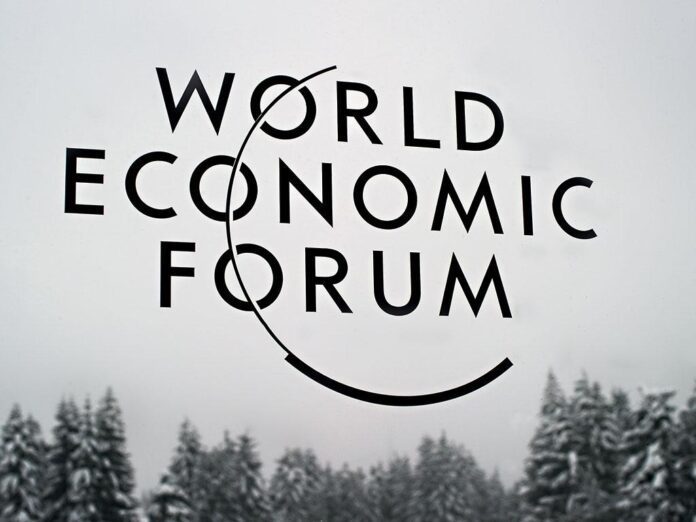Nestled in the pristine landscapes of the Swiss Alps, Davos transforms into the global epicenter of economic discussions, policy debates, and collaborative initiatives during the annual World Economic Forum (WEF). Since its inception in 1971, the WEF has evolved into a platform where world leaders, business magnates, academics, and cultural icons converge to address pressing global challenges. In this article, we delve into the essence of the World Economic Forum and why the tiny Alpine town of Davos becomes a focal point for the world’s movers and shakers.
The Birth of the WEF:
The World Economic Forum was founded by Klaus Schwab, a German economist, in 1971. Initially known as the European Management Forum, it aimed to bring together European business leaders for discussions on management practices. Over the years, the forum expanded its scope and influence, rebranding as the World Economic Forum in 1987 and inviting participants from around the globe.
A Unique Gathering:
The WEF is renowned for its exclusivity and the caliber of its attendees. The annual meeting in Davos draws leaders from various sectors, including politics, business, academia, and civil society. Heads of state, CEOs of major corporations, Nobel laureates, and prominent cultural figures come together in an informal setting to engage in dialogue, share insights, and collaborate on finding solutions to complex global challenges.
Themes and Agendas:
Each year, the WEF focuses on a theme that reflects current global issues. Themes have ranged from climate change and inequality to technological disruptions and healthcare. The goal is to foster interdisciplinary discussions and inspire collective action. The WEF agenda comprises a series of plenary sessions, panel discussions, and private meetings, creating a unique environment for participants to address the world’s most pressing problems.
Public-Private Collaboration:
One hallmark of the WEF is its emphasis on public-private collaboration. The forum provides a platform for leaders from different sectors to collaborate on initiatives that transcend national boundaries. The belief in the power of multi-stakeholder cooperation is a driving force behind the WEF’s impact on shaping global policies and agendas.
The Davos Effect:
The town of Davos, with its stunning Alpine backdrop, transforms into a bustling hub of activity during the annual meeting. The presence of world leaders and high-profile individuals not only sparks discussions within the conference halls but also spills over into informal conversations, networking events, and private meetings. The “Davos moment” has become synonymous with impactful discussions that shape the course of global affairs.
Criticism and Challenges:
Despite its lofty goals, the WEF has faced criticism for being an exclusive club that caters to the elite. Critics argue that decisions made in Davos may not necessarily reflect the needs and perspectives of the broader global population. Additionally, protests and demonstrations have become common outside the conference venue, highlighting concerns about inequality and the influence of corporate interests.
The World Economic Forum in Davos continues to play a pivotal role in shaping the global economic and political landscape. As an annual gathering of some of the world’s most influential individuals, the WEF provides a unique opportunity for collaboration, dialogue, and the exploration of innovative solutions to the challenges facing humanity. While it remains a subject of debate, there is no denying that Davos holds a special place in the world of international diplomacy and economic governance.





